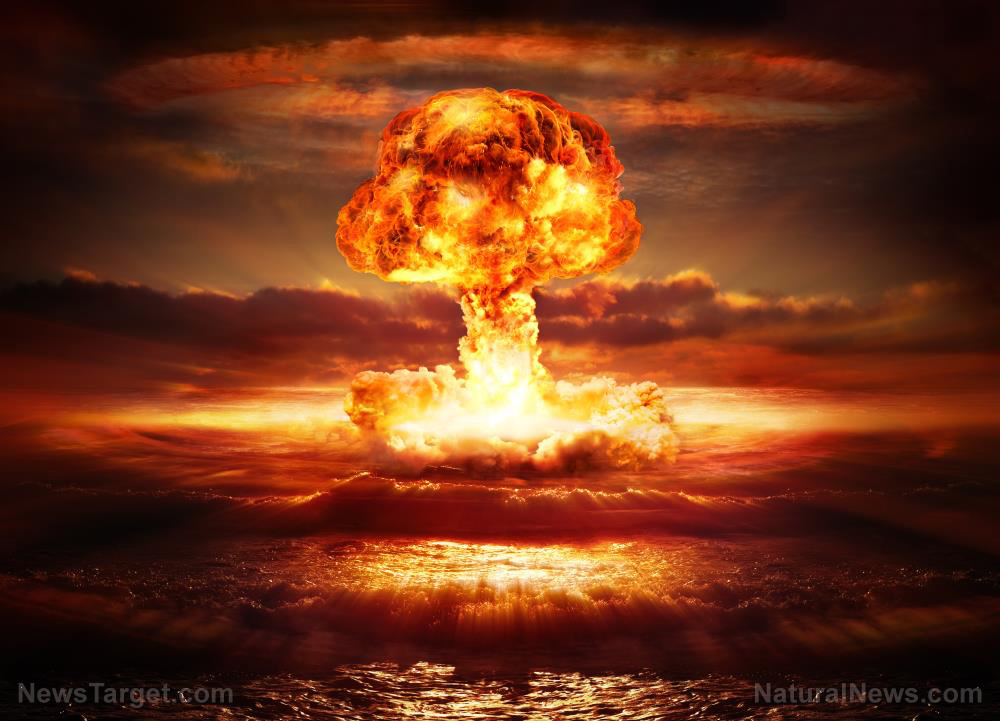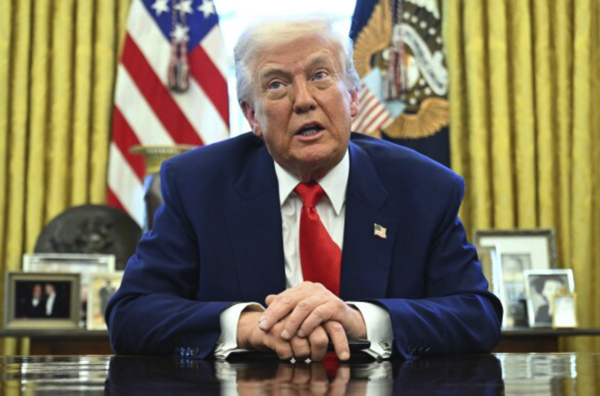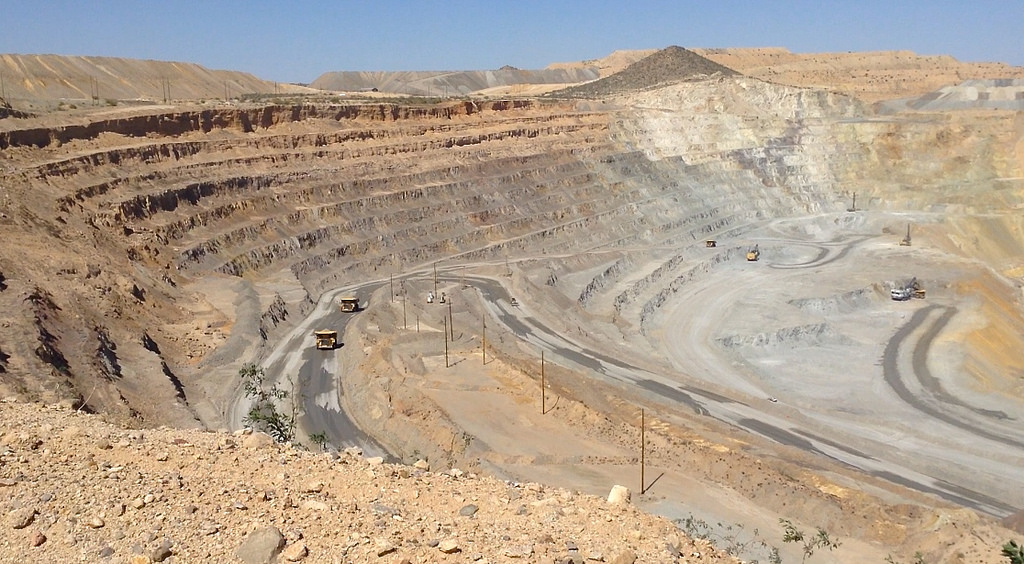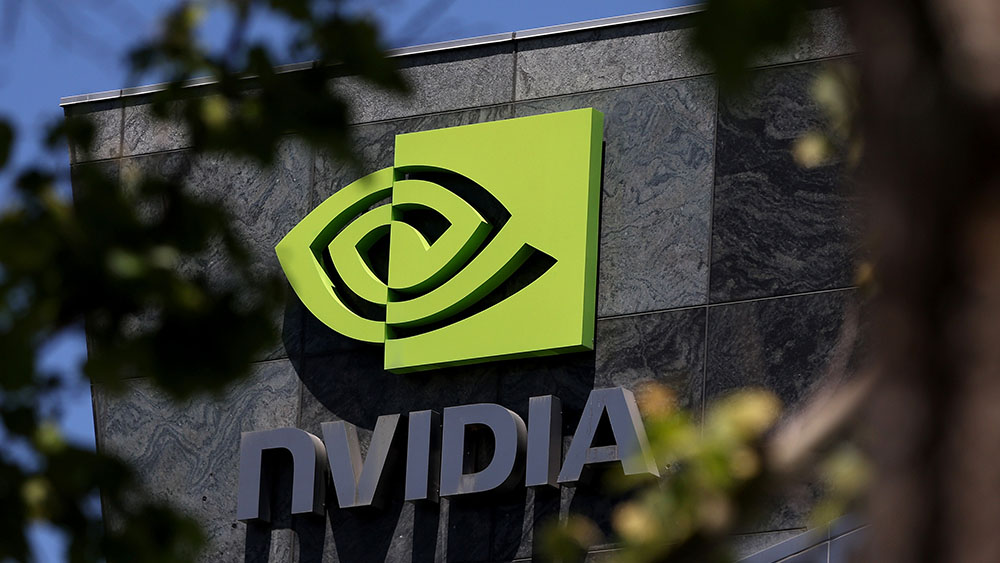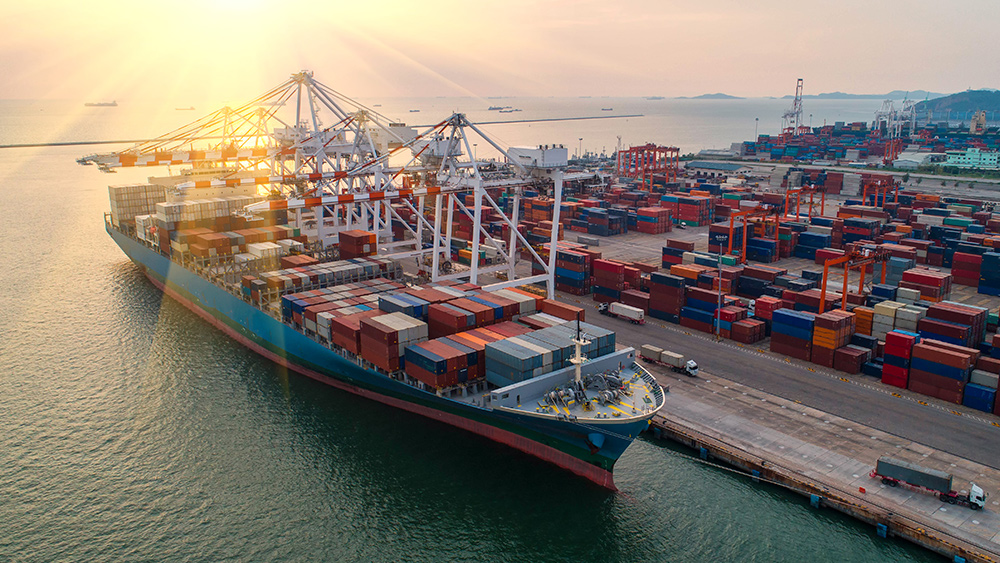
- Trump demands free U.S. passage through the Panama and Suez Canals, calling them vital to American commerce and military strategy.
- He cites historical U.S. involvement in building the canals and warns against "exorbitant" fees, even threatening retaking control.
- Panama’s president rejects Trump’s demands, stating canal fees are independently regulated by the Panama Canal Authority.
- China’s growing investment in Panama and control of major shipping routes raises U.S. concerns over economic and military influence.
- The Suez Canal faces revenue losses and instability due to Houthi attacks, intensifying U.S. military strikes in Yemen and global trade risks.
Historical ties and modern tensions
The Panama Canal, built by the U.S. in the early 1900s before transferring control to Panama in 1999, handles more than 40 percent of U.S. maritime traffic between the Atlantic and Pacific. For Trump, this lifeline to commerce and military mobility is non-negotiable. “A secure Panama Canal is crucial for U.S. Commerce, and rapid deployment of the Navy,” he wrote in December, when he first threatened to retake the canal if fees were deemed “exorbitant.” The Suez Canal, a vital artery connecting Europe and Asia, has also drawn Trump’s attention amid plummeting revenues following attacks by Houthi rebels. Egypt’s income from the route dropped 60 percent, losing $7 billion annually, as U.S. airstrikes intensify against Iran-backed militants.Chinese influence and strategic concerns
Trump’s push comes as China intensifies economic and military ambitions in strategic hubs. In Panama, Beijing has poured billions into port and energy projects, countering U.S. influence. Earlier this year, Rubio convinced Panama to abandon its participation in China’s Belt and Road Initiative (BRI), a bid to curtail Beijing’s regional sway. The move underscored the broader U.S.-China rivalry for control of critical infrastructure. The canals, both heavily used by China, are battlegrounds where economic might meets geopolitical power. Panama’s President Jose Raul Mulino rejected Trump’s demand in principle, asserting that fees are regulated by the independent Panama Canal Authority. “There is no agreement to the contrary,” he stated Saturday. Meanwhile, Secretary of Defense Pete Hegseth pushed for a framework allowing U.S. warships to transit “first and free” through Panama in a proposal Panama swiftly resisted. Analysts warn that unilateral U.S. demands risk destabilizing partnerships.The Suez Canal crisis and military entanglement
The Suez Canal’s current state fuels Trump’s urgency. Yemen’s Houthis, attacking Red Sea shipping since the Gaza war began, have forced ships to voyage around Africa in a delay costing billions. The U.S. has escalated air strikes in Yemen under Trump, but critics argue this deepens regional instability. For U.S. businesses, the Panama Canal cuts weeks off shipping times, saving billions annually. Around 40% of U.S. container traffic flows through Panama, a chokepoint no other nation can fully replicate. Denying China access could cripple its ability to supply Pacific allies or challenge U.S. naval dominance. Yet analysts caution that revoking Panama’s fees, or retaking control, could spur lawsuits, diplomatic fallout, or even supply chain chaos. Rubio faces an uphill battle ahead. His February success in pushing Panama out of the BRI may not be repeated with fee negotiations. Panama, now financially dependent on tolls from giants like China and the U.S., has no leverage to cave to U.S. demands. The autonomous Panama Canal Authority, Mulino emphasized, operates independently. The path forward holds few easy choices. Analysts predict Rubio will seek a compromise, jawboning Panama into lowering fees or offering discounts. Critical transit agreements for military ships might be fast-tracked, echoing past U.S.-Panama pacts. However, panicky rhetoric risks ceding global approval and deterring ally nations from trusting U.S. intentions. Sources for this article include: YourNews.com Reuters.com TheGuardian.comPakistan’s nuke threats stir fear amid Kashmir clash with India
By Cassie B. // Share
Klitschko: Ukraine may need to temporarily cede territories for peace
By Ramon Tomey // Share
USDA tightens SNAP eligibility rules to prevent benefits for illegal immigrants
By Laura Harris // Share
TRADE WAR FALLOUT: Chinese factories slow production as U.S. tariffs bite
By Laura Harris // Share
Trump’s rare earths push: A bid to break China’s stranglehold, but challenges remain
By Willow Tohi // Share
Millions without power as Spain and Portugal face unprecedented power outage
By isabelle // Share
China bets on Huawei’s Ascend chips to replace banned Nvidia technology
By isabelle // Share
Natural Nootropics vs. Big Pharma: How green tea’s L-theanine outshines dangerous ‘limitless’ drugs
By finnheartley // Share
Breaking through the nut barrier: Hope for adults with peanut allergies
By willowt // Share
